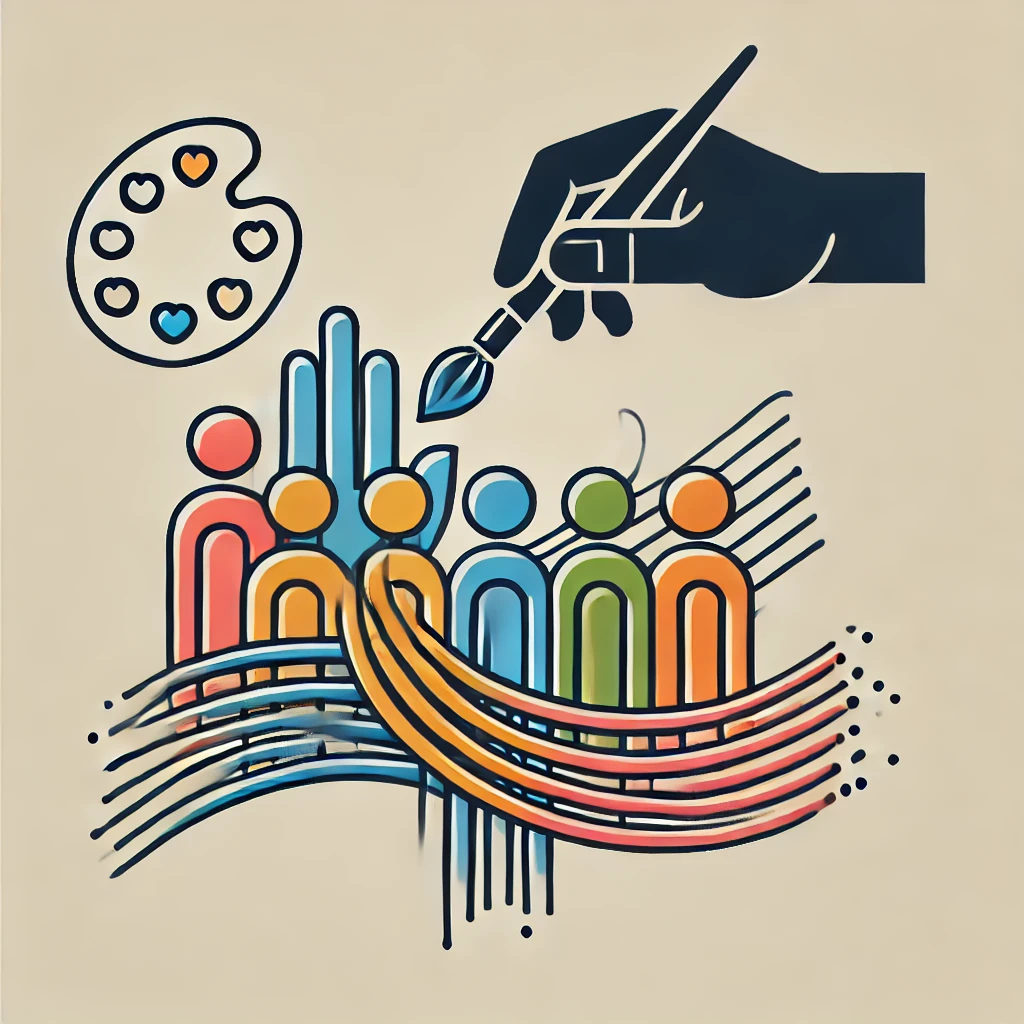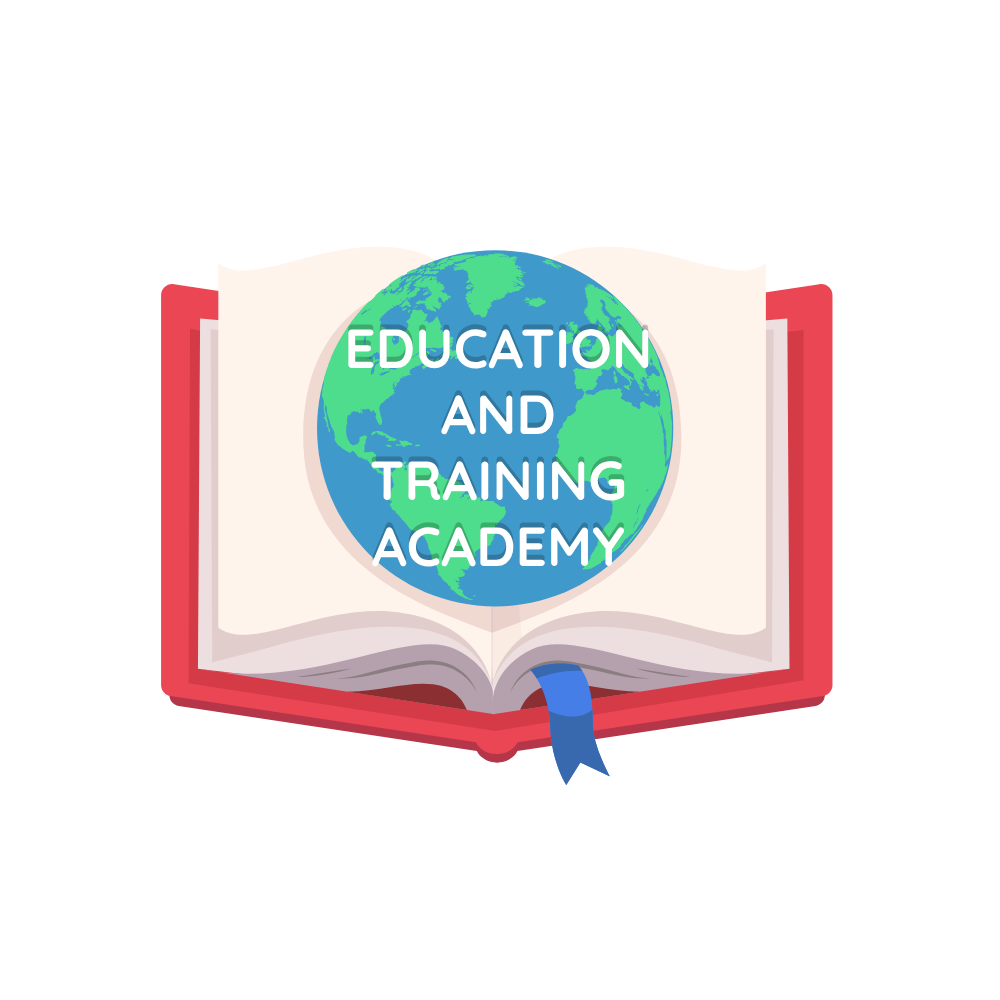Arts for the Inclusion of Migrants, Refugees, and Disadvantaged Populations in the Erasmus+ Program

Certificate Yes
Cost €80/day
Language English
Duration 5 Day course
Cities: Antalya
The "Arts for the Inclusion of Migrants, Refugees, and Disadvantaged Populations in the Erasmus+ Program" course aims to empower educators and social workers with innovative strategies to use arts-based approaches for promoting inclusion and integration. Aligned with the objectives of the Erasmus+ Program, this course emphasizes the transformative power of the arts in fostering social cohesion, cultural exchange, and personal empowerment among migrant, refugee, and disadvantaged populations.
Description
This course offers a comprehensive exploration of how arts-based practices can be effectively utilized to support the inclusion and integration of migrants, refugees, and disadvantaged populations. Participants will learn theoretical foundations and practical methodologies for implementing arts-based interventions in diverse educational and community settings. Through interactive sessions, case studies, and experiential learning activities, participants will gain insights into using visual arts, performing arts, storytelling, and digital media to promote intercultural dialogue, resilience, and social inclusion.
Learning Objectives
- Understand the role of arts-based approaches in promoting social inclusion and integration of migrants, refugees, and disadvantaged populations.
- Explore diverse forms of artistic expression (visual arts, performing arts, storytelling, digital media) and their impact on fostering cultural understanding and empathy.
- Learn practical strategies for designing and implementing arts-based projects that promote intercultural dialogue and community engagement.
- Develop skills in facilitating creative workshops and activities that empower participants to express their identities and narratives through the arts.
- Discuss ethical considerations and best practices for working with diverse cultural groups in arts-based interventions.
- Evaluate the impact of arts-based initiatives on participants' well-being, resilience, and sense of belonging.
Methodology and Implementation
● Theoretical Insights: Lectures and discussions on the role of arts in promoting social
inclusion and integration.
● Hands-on Workshops: Practical sessions where participants engage in arts-based
activities (e.g., painting, theater exercises, storytelling).
● Case Studies: Analysis of successful arts-based projects targeting migrant, refugee,
and disadvantaged populations.
● Guest Speakers: Insights from artists, community leaders, and cultural experts
working in the field of arts and inclusion.
● Group Projects: Collaborative development of arts-based initiatives tailored to
specific community needs.
● Field Visits (Optional): Visits to local cultural centers or community organizations
implementing arts-based programs.
Assessment Implementation
● Project-Based Assessments: Evaluation of participant-designed arts projects,
focusing on creativity, cultural relevance, and impact.
● Reflective Journals: Individual reflections on personal learning experiences and
insights gained from course activities.
● Peer Feedback: Group discussions and feedback sessions on project prototypes and
implementation strategies.
● Final Presentation: Presentation of arts-based projects, highlighting outcomes,
challenges, and lessons learned.
Daily Programme
Day 1: Introduction to Arts-Based Approaches for Inclusion
Morning Session:
- Welcome and Course Overview
- The Role of Arts in Promoting Social Inclusion
Afternoon Session:
- Workshop: Exploring Visual Arts for Cultural Expression
- Case Study Analysis: Art Initiatives for Refugee Integration
Day 2: Performing Arts and Community Engagement
Morning Session:
- Theater Exercises for Building Empathy and Understanding
- Workshop: Storytelling Techniques for Cultural Narratives
Afternoon Session:
- Guest Speaker Session: Perspectives from Artists Working with Refugees
- Group Activity: Designing a Performing Arts Workshop
Day 3: Digital Media and Intercultural Dialogue
Morning Session:
- Introduction to Digital Storytelling and Media Production
- Workshop: Creating Digital Narratives of Migration and Identity
Afternoon Session:
- Case Study: Digital Arts Projects for Youth Empowerment
- Group Project Planning: Developing a Digital Media Campaign
Day 4: Facilitating Arts Workshops for Inclusion
Morning Session:
- Best Practices in Facilitating Arts-Based Workshops
- Workshop: Designing Inclusive Arts Activities
Afternoon Session:
- Field Visit (Optional): Visit to a Local Cultural Center or Community Art Project
- Group Project Development: Refining Arts-Based Initiatives
Day 5: Impact Assessment and Future Directions
Morning Session:
- Assessing Impact: Methods for Evaluating Arts-Based Programs
- Workshop: Reflection and Action Planning
Afternoon Session:
- Final Project Presentations: Showcasing Arts-Based Initiatives
- Closing Remarks, Certificate Distribution, and Course Evaluation
